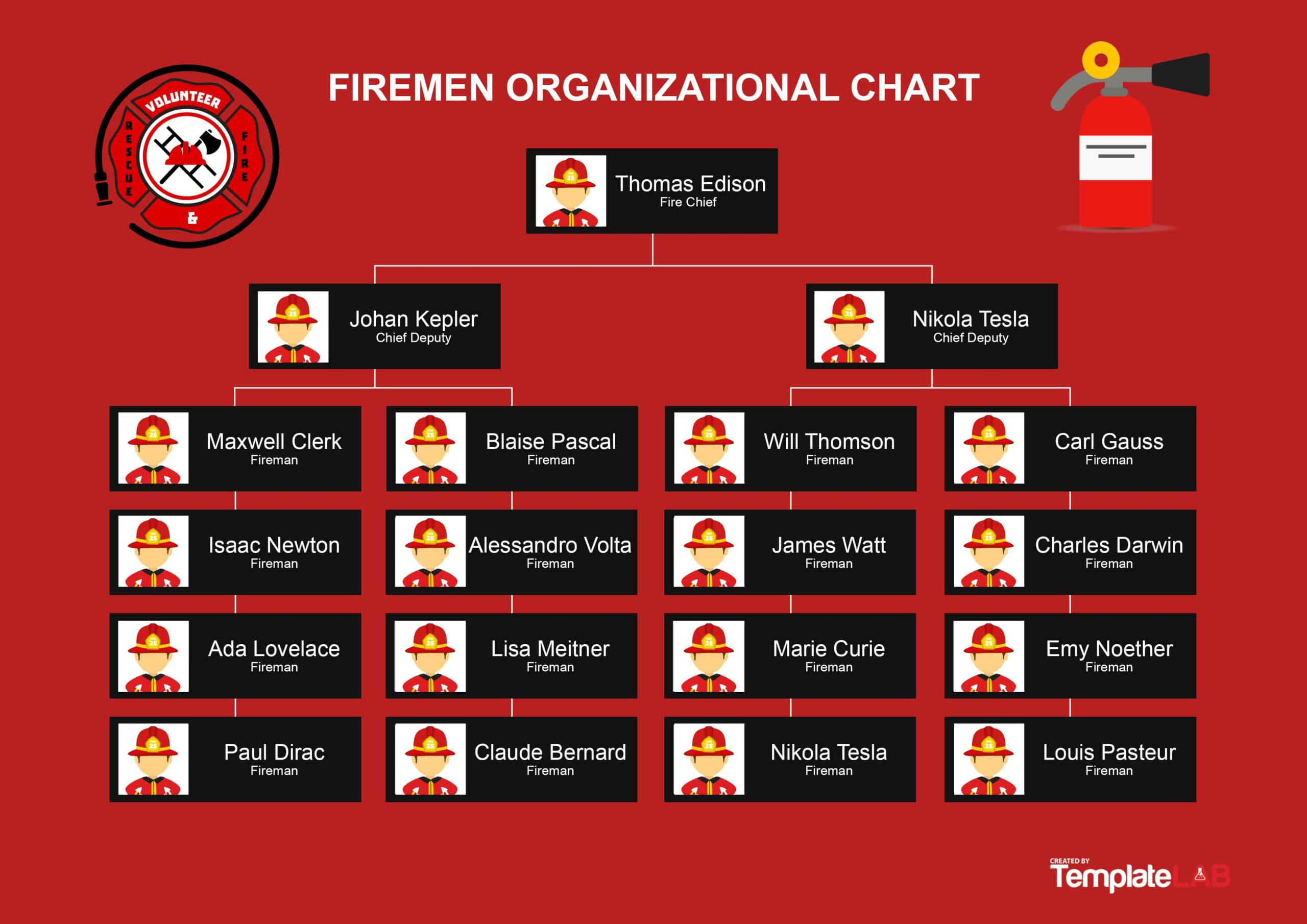Office Fire Safety: Fire Warden Preparation for American Offices
Office Fire Safety: Fire Warden Preparation for American Offices
Blog Article
Fire safety is a critical concern for any business operating in the United States.
This article explores how American companies can strengthen fire safety through up-to-date certifications.
By the end, you’ll have a practical roadmap for ensuring your office meets the highest fire safety standards and safeguards your most valuable assets: your people.
Why Every US Company Needs Fire Safety Protocols
According to the National Fire Protection Association (NFPA), thousands of commercial fires occur each year, causing billions in property damage and tragic losses of life.
Fire safety in the workplace protects more than just assets—it safeguards employees and visitors from harm.
In the US, workplace fire safety is regulated by a mix of national standards (like NFPA guidelines) and local fire codes.
Understanding Fire Warden (Brigade) Training Requirements
Fire wardens act as safety leaders, guiding colleagues to exits, checking on vulnerable individuals, and ensuring no one is left behind.
Employers are responsible for selecting suitable fire wardens and ensuring they receive regular training updates.
Look for programs aligned with OSHA standards, NFPA guidelines, and local fire codes.
How to Prepare for Fire Safety Certification and Renewals
In the US, many businesses must obtain fire safety certifications from local fire departments or regulatory bodies.
Check that all fire extinguishers are inspected and tagged, alarms are functioning, and exit routes are unobstructed.
Certification isn’t a one-time event—renewals are typically required every few years or after major renovations or occupancy changes.

Ongoing Strategies for Workplace Fire Prevention
US offices that prioritize ongoing safety measures are less likely to face emergencies and better prepared when incidents occur.
Regular maintenance is critical: schedule monthly checks on fire alarms, smoke detectors, sprinkler systems, and extinguishers.
When fire safety becomes part of the daily routine, employees are more confident, better prepared, and less likely to panic during a real event.
Legal and Insurance Implications of Fire Safety Compliance
Beyond regulatory penalties, companies may face reputational damage, employee distrust, and operational disruptions.
Many commercial insurance policies require proof of current fire safety certifications, maintenance logs, and training records.
Investing in compliance is not just about avoiding penalties—it’s about protecting your assets, your team, and your future.

Conclusion: Building a Fire-Safe Workplace
US companies that take fire safety seriously strengthen their resilience, enhance employee confidence, and minimize operational risks.
Fire safety readiness is a powerful signal of professionalism and care.
As fire risks evolve and workplace environments change, staying proactive is essential.
Your Questions Answered: Fire Safety in US Businesses
Do all staff need fire safety training?
Larger offices may require multiple wardens to cover all floors or departments.
When do I need to update fire safety inspections?
Regular internal reviews help ensure continuous compliance and smooth renewal processes.
What triggers most workplace fires in the US?
Routine inspections and employee awareness help prevent these hazards.
Can non-compliance void my business insurance?
Insurance companies often require proof of fire safety compliance, including certifications, equipment maintenance, and training records.
What should be included in an office fire safety plan?
A good fire safety plan includes evacuation routes, assembly points, alarm procedures, roles for fire wardens, communication protocols, and equipment locations.
leia mais aqui saiba mais Report this page